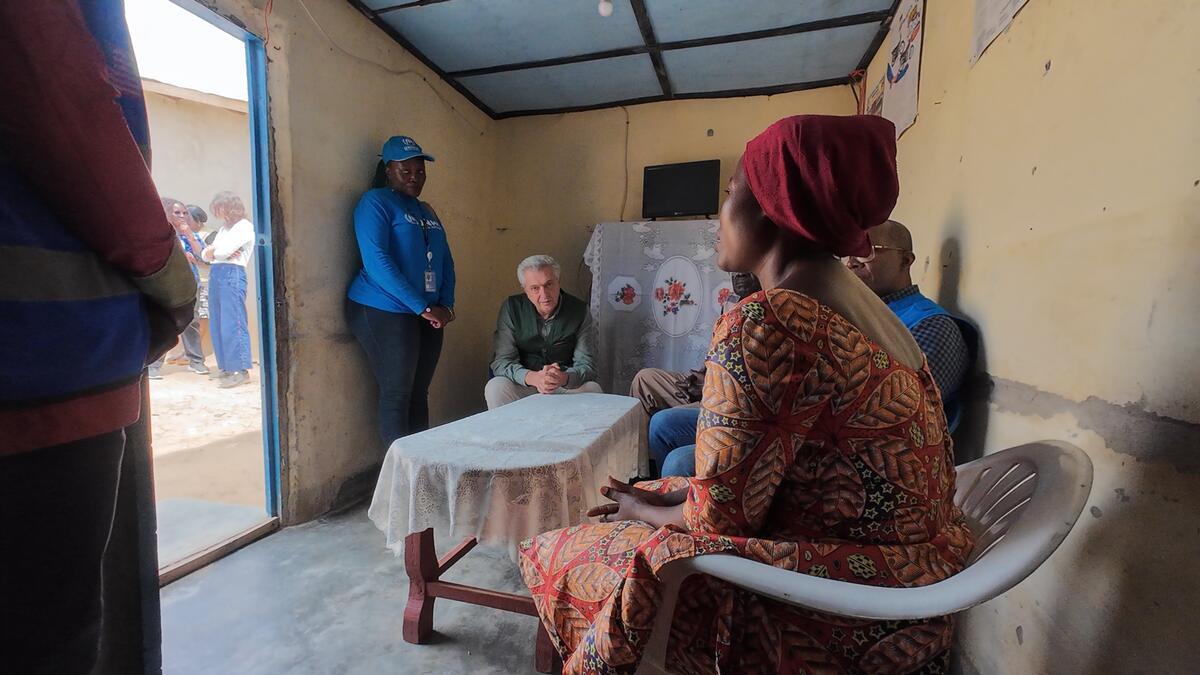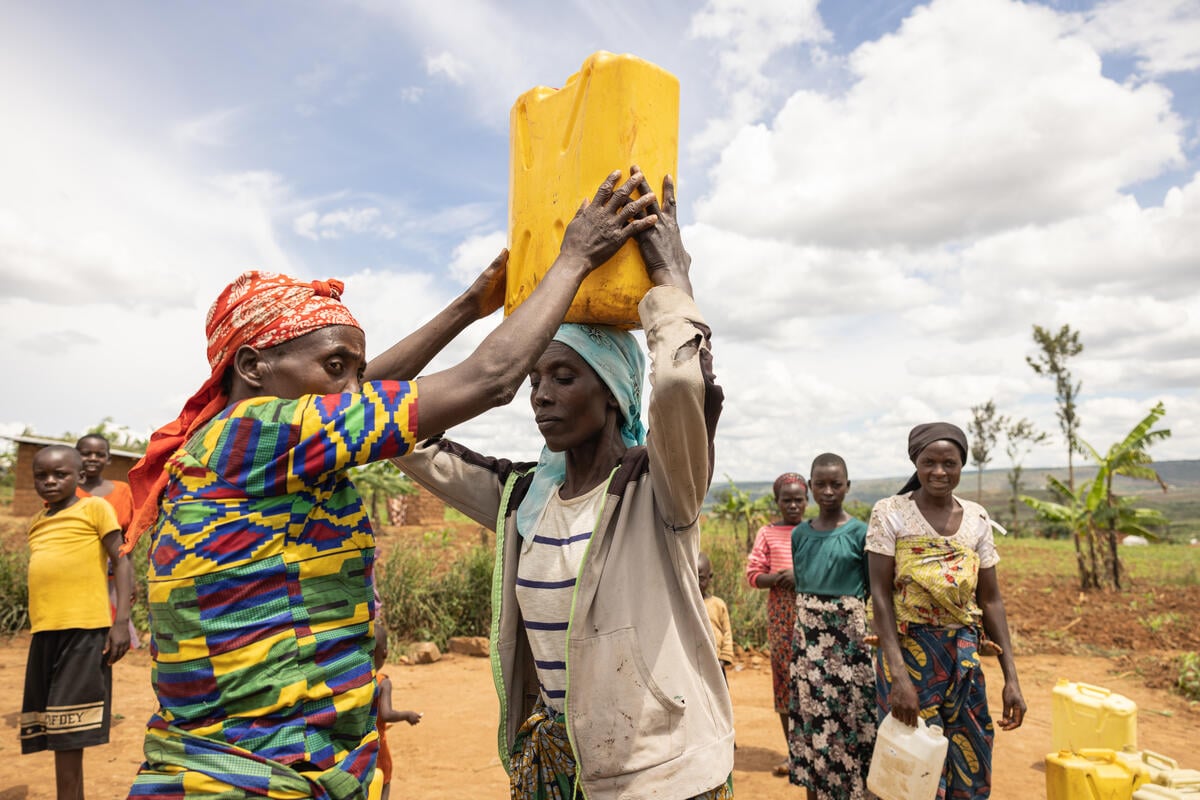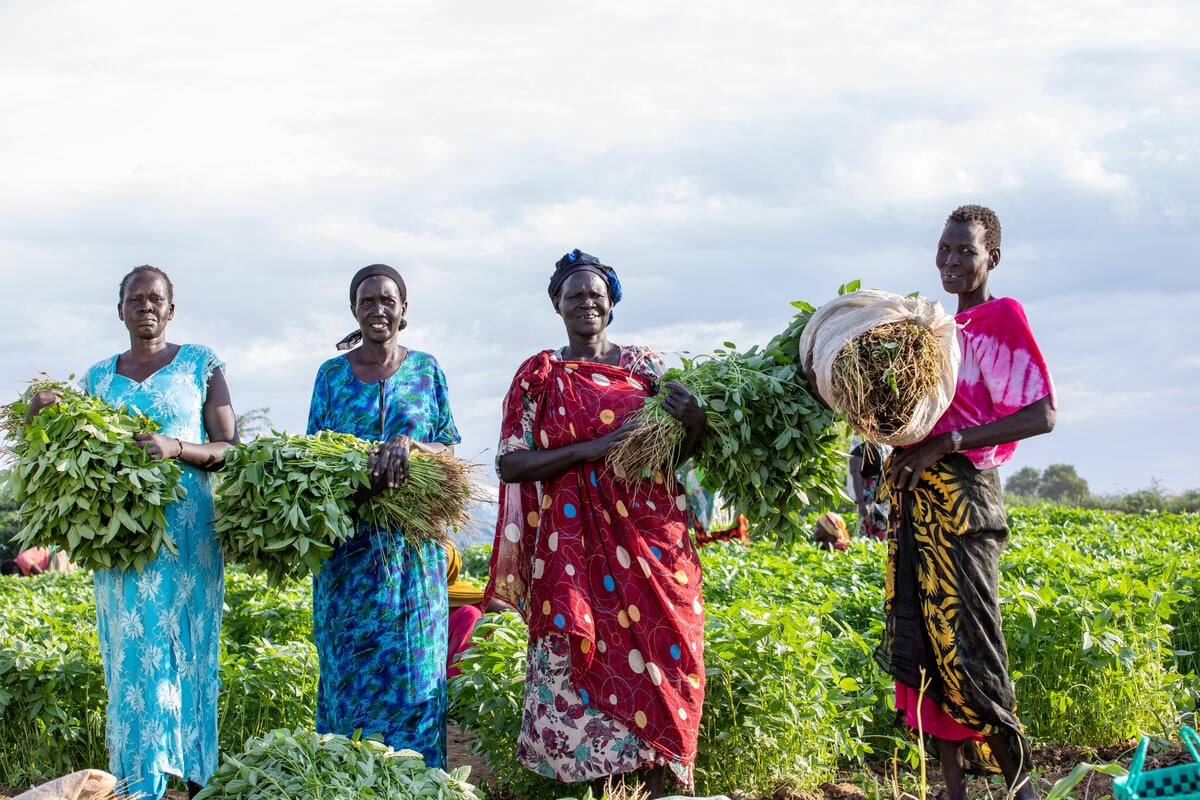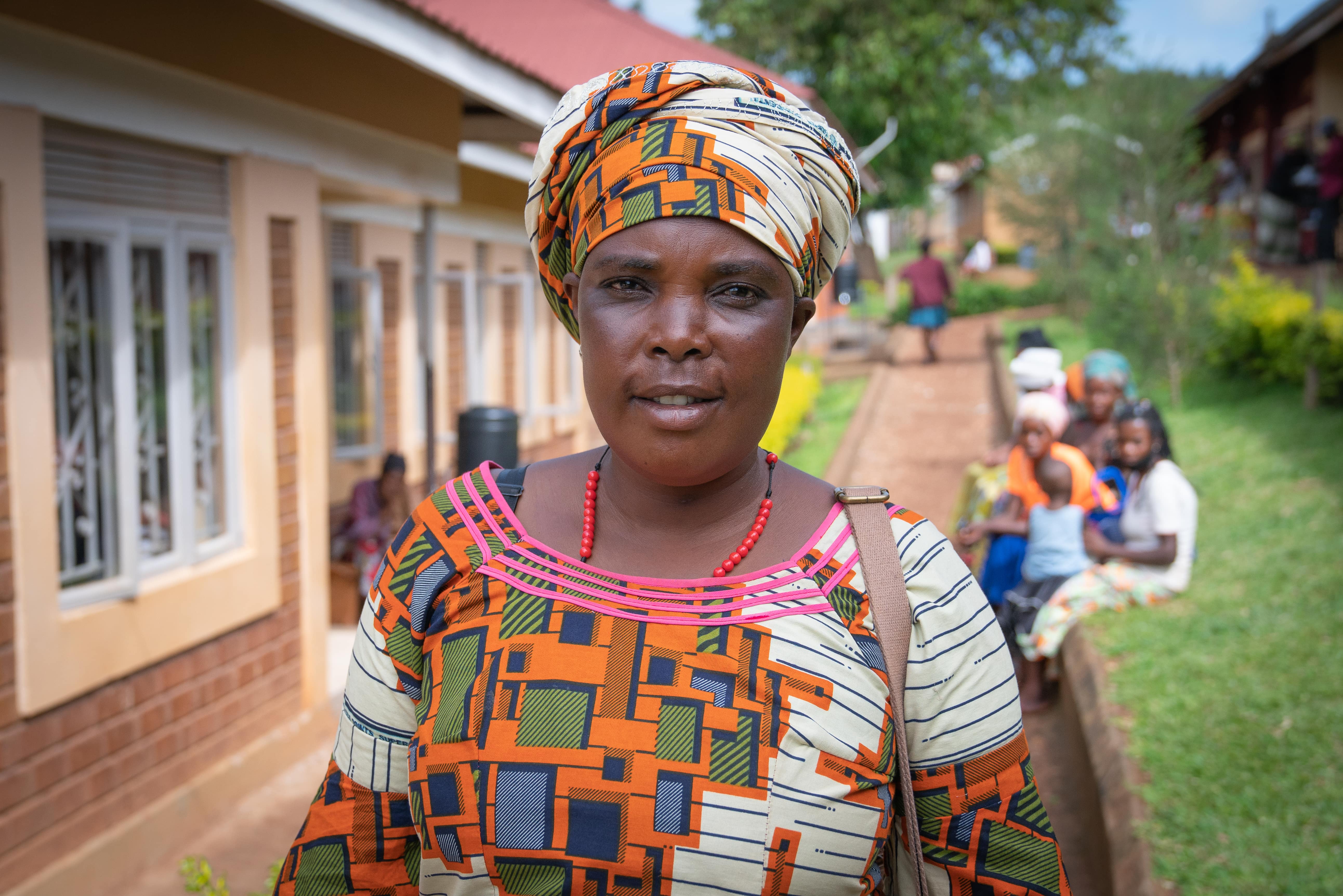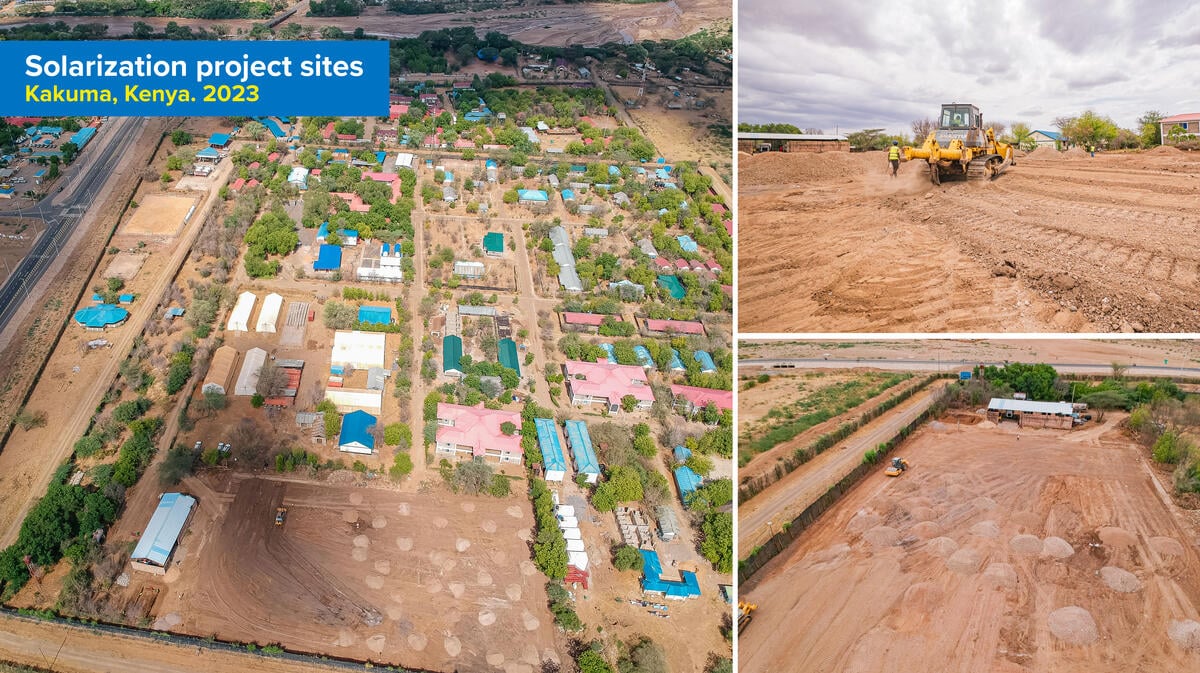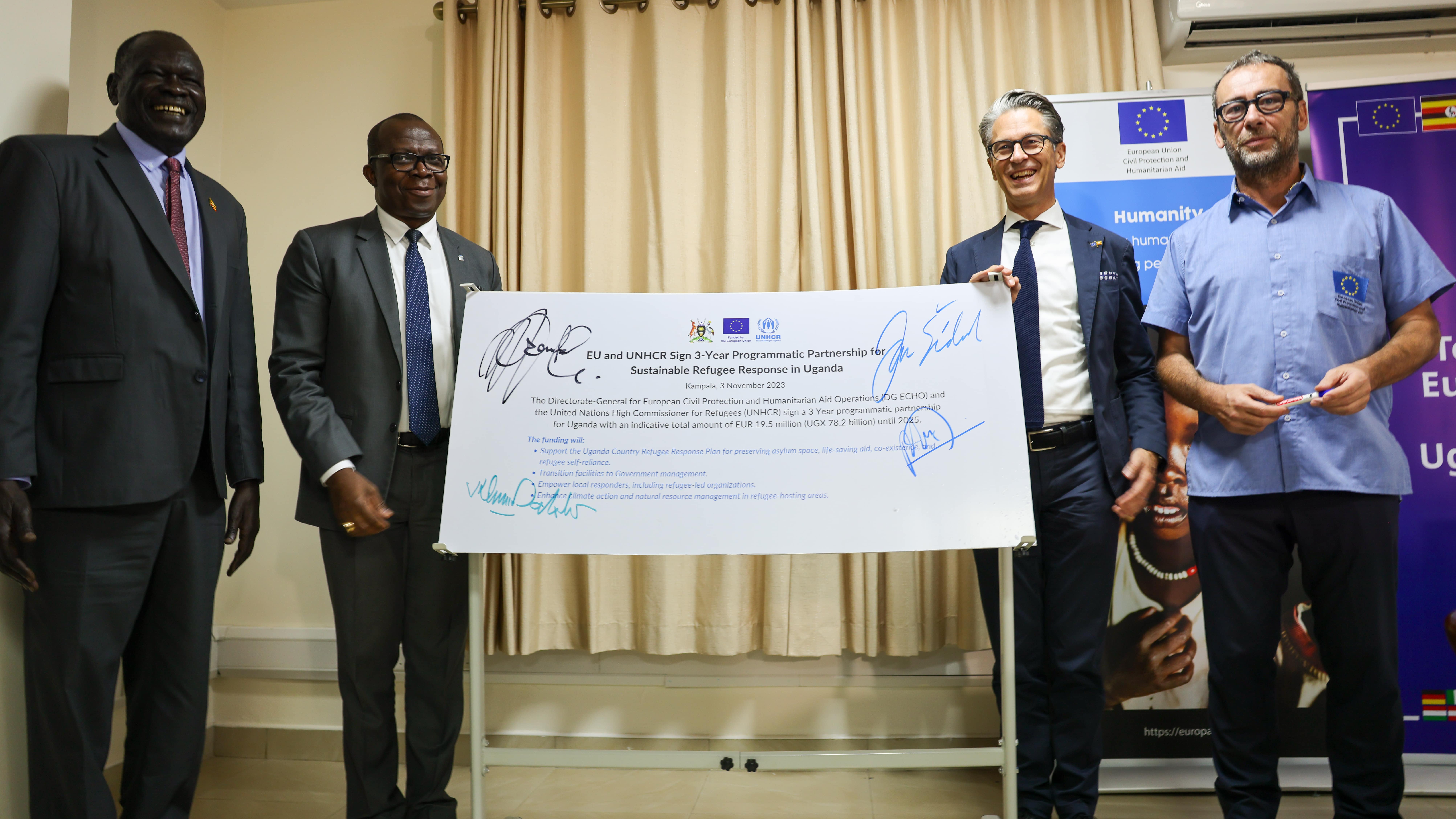OPM and UNHCR complete countrywide biometric refugee verification exercise
OPM and UNHCR complete countrywide biometric refugee verification exercise

KAMPALA: The Office of the Prime Minister (OPM) and UNHCR, the UN Refugee Agency have concluded the countrywide biometric verification exercise of all asylum-seekers and refugees in Uganda.
The exercise was concluded on Wednesday October 24th 2018, in the last two remaining locations – Bidibidi refugee settlement and Kampala.
The verification exercise commenced in March 2018 following a joint announcement and commitment by the Prime Minister of Uganda Dr Ruhakana Rugunda and the UN High Commissioner for Refugees Mr Filippo Grandi to undertake an audit to establish the number of refugees and asylum seekers in the country.
Over the past eight months, OPM and UNHCR conducted the verification exercise with six teams operating simultaneously in refugee settlements in Uganda. Over 400 staff were involved in the exercise and moved across more than 68 verification sites set up by World Food Programme (WFP) and UNHCR.
In total, close to 1.1 million refugees were verified and biometrically enrolled from the target population of 1.4 million refugees. This represents 75% of the population that had sought asylum in Uganda prior to the verification start date in March 2018. An additional number of cases were closed upon verification due to death or spontaneous return to their countries of origin.
More detailed results, analysis and updated population figures of asylum-seekers and refugees in Uganda will be made available soon.
Verification exercises conducted in any refugee situation usually result in reductions in numbers. Many factors contribute to these reductions, including movement around the country or beyond, or simply no-shows. In the Ugandan context, these factors played a role. There were also some cases of multiple registrations by refugees at the height of the emergency influxes of South Sudanese refugees between mid-2016 and mid-2017, when registration systems were sometimes overwhelmed by the sheer number and speed of arrivals. These cases were identified and removed from the database.
This exercise was made possible through solid collaboration between all parties, including settlement administration, government and NGO partners, as well as the close partnership between OPM, UNHCR and WFP.
As importantly, refugees were key supporters of the verification exercise and helped spread messages across communities, ensuring a good turn-out.
Progressively, as the verification was completed in settlements, new food assistance collection procedures were rolled out by WFP, UNHCR and OPM. Under the new system, each person receiving assistance is confirmed against biometric data collection in the verification exercise. These procedures mitigate the risk of fraud, ensuring that assistance is well managed and provided only to verified, eligible refugees and asylum-seekers.
The new registration systems will be comprehensively deployed for registration of new arrivals and to update refugee population changes in Uganda by the end of the year, strengthening management of the refugee response by OPM and UNHCR, and enabling WFP and other partners to improve planning and implementation of essential protection and assistance activities.
Media Contacts:
Joel Boutroue, UNHCR Representative; [email protected], Tel: 0771 000 023
Julius Mucunguzi, Advisor and Head Communications (OPM), [email protected]; Tel: 0776 210307
Lydia Wamala, Communications Officer (WFP), [email protected];Tel: 0772 287034



